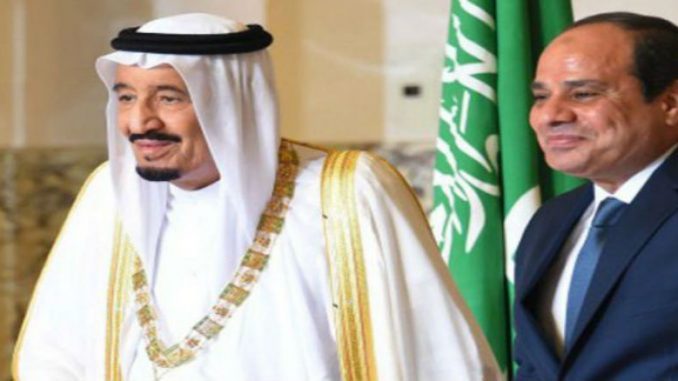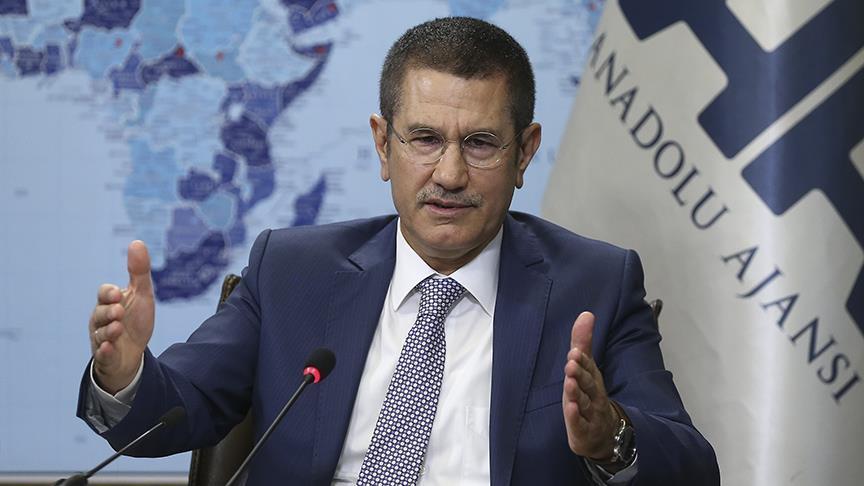
The Egyptian and Saudi Armed Forces concluded their joint military drills “Tabuk 4”, which took place in Egypt’s southern military zone and involved land forces from both countries.
Egypt’s military says its forces have concluded drills with Saudi Arabia held in Egypt’s southern military zone.
The armed forces’ statement on Friday said the Tabuk-4 exercises were held with the participation of observers from the United Arab Emirates, Oman, and Bahrain.
Tabuk 4 was concluded under the patronage of Egypt’s assistant defense minister, Maj. Gen. Ahmed Wasfi, and with the attendance of the deputy commander of the Royal Saudi Land Forces, Maj. Gen. Ahmed bin Abdullah Al-Megrin. The joint exercise included finding and eliminating terrorist hideouts in cities.
The final ceremony was attended by the commander of the infantry of the Royal Saudi Land Forces, Maj. Gen. Khalid bin Abdullah Al-Juhani, the military attaché at the Saudi Embassy in Egypt, Brig. Abdullah bin Yousef Al-Jasser, and senior officers from both countries’ armed forces.
Tabuk 4 was aimed at combating terrorism, improving military coordination between Saudi Arabia and Egypt, and responding to emergencies.
Al-Megrin highlighted the benefits of exchanging experiences in military operations and combating terrorism, such as refining combat skills and increasing readiness.
He hailed Saudi participants’ performance, combat readiness, and mastery of all assigned tasks during Tabuk 4.
Al-Megrin highlighted the great attention paid by the Saudi leadership to training and arming the military.
Egypt and Saudi Arabia have enhanced their military relations. Last April, Egypt’s Chief of Staff Mohamed Farid visited the Saudi Kingdom and attended “Gulf Sheild 1” joint military training. He also attended the meeting with US Central Command with the participation all the chiefs of staff in the Middle East region.
Gulf Shield 1 is joint drills with the participation of ground, naval and air forces from the GCC member states and a number of Arab countries.
It is organized by the Saudi Arabian Ministry of Defense with participants from the land, air and naval forces of 23 countries. Tens of thousands of soldiers have arrived in the Kingdom to join the military exercise, which is considered the largest in the region in terms of the number of participating countries and the equipment used.
The Egyptian Armed Forces have previously stated that the drills aim at exchanging expertise in the fields of planning, organizing and implementing different training activities and developing the military readiness of participating countries to secure vital targets, face possible threats and protect maritime corridors.
Most analysts agree the exercise is focused on Iran and a possible confrontation across the Gulf. The advancements in Iranian missile capabilities are driving Gulf Arab countries to cooperate militarily. Accordingly, it is believed that these military maneuvers in the Gulf aim to counter the Iranian threat in the region.
Egypt’s air force has been participating in the Saudi-led military coalition against Houthi rebels in Yemen since the coalition was launched in March 2015, according to Al-Ahram (state-owned newspaper).
In January 2017, Egypt’s National Defense Council agreed in a meeting to extend the deployment of Egyptian Armed Forces units in the Red Sea and the Bab Al-Mandab strait.
Moreover, in April 2017, Brig.General.Ahmed Asiri, former Saudi Defense Minister’s adviser and spokesman for the Saudi-led coalition, said In a televised interview on al-Arabiya Saudi TV Channel, that Egypt had previously offered to send 40,000 soldiers to Yemen for protecting the Saudi-Yemeni border.
Asiri said, “Abdel Fattah al-Sisi offered the Saudi government and the coalition to send ground troops to Yemen but the coalition policy in Yemen does not allow the presence of any foreign ground troops on the Yemeni territory.”
He also commented on the number of the Egyptian forces participating in the Arab coalition supporting legitimacy in Yemen saying, “the Egyptian army currently cooperates in the naval and air efforts, but what we were talking about happened earlier (at the beginning of operations) was the participation of almost 30,000 to 40,000 Egyptian soldiers as ground troops.”



